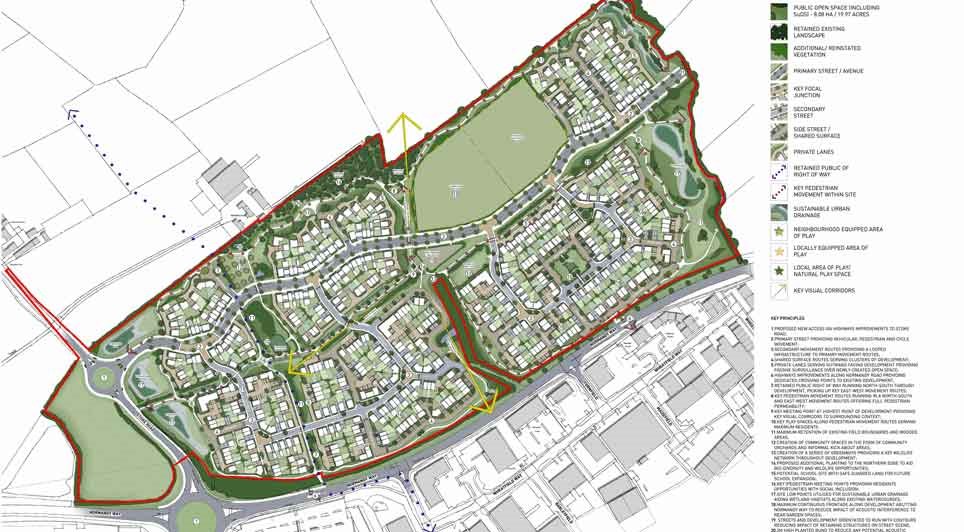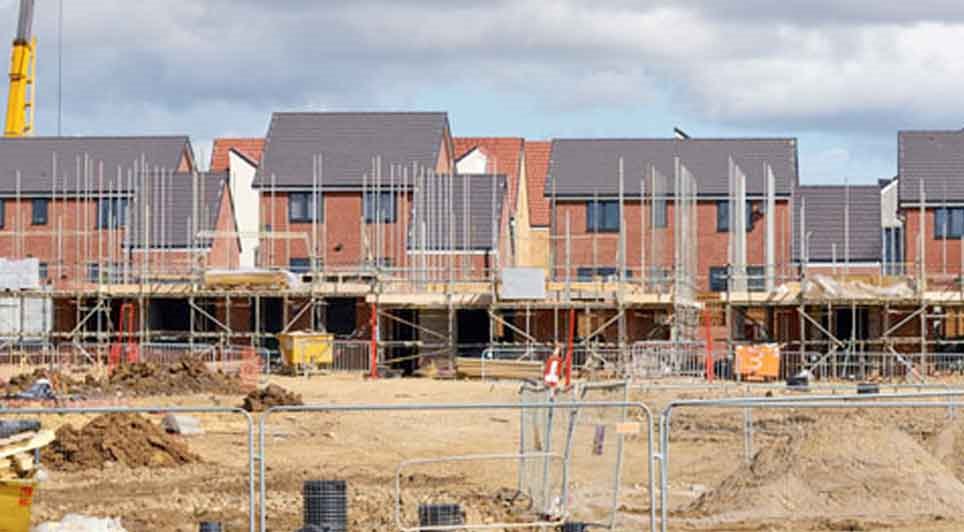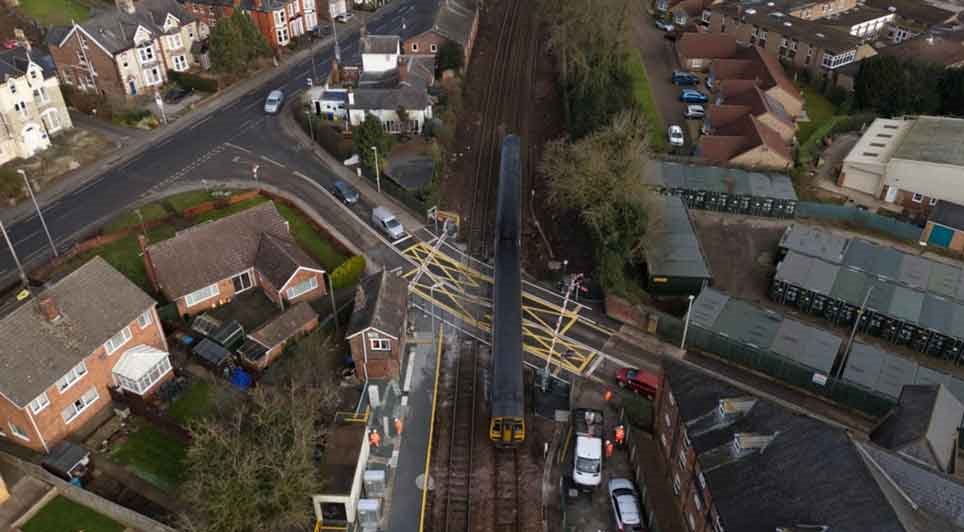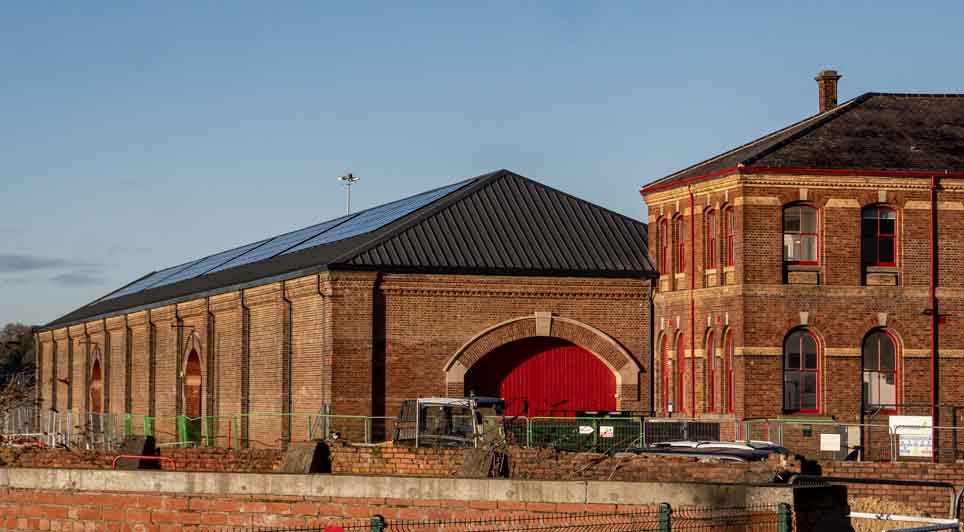Construction News
03/11/2009
Dortek Become ADSA Approved
.gif)
Dortek have become approved members of Automatic Door Suppliers Association (ADSA).
Automatic doors are now a normal feature of many building types, from supermarkets to airports, and from hotels to hospitals.
Although they come in a variety of types, including sliding, swing, folding and revolving, what they all have in common is the need to conform to the highest standards of safety. This is where the ADSA – the Automatic Door Suppliers Association – plays a vital role.
ADSA was formed in 1985 for the purpose of ensuring that its member companies offered superior levels of safety in the supply, installation and maintenance of automatic doors.
It was ADSA who first developed an industry code of practice covering the safety aspects of automatic doors for pedestrian use.
This subsequently formed the basis of BS7036: 1988, a code of practice for provision and installation of safety devices for automatic, power operated pedestrian door systems. With advances in technology and the introduction of new safety devices, ADSA then contributed to the updated standard BS7036: 1996 covering safety at powered doors for pedestrian use. This is complemented by a comprehensive testing programme for the industry’s installation and maintenance engineers who undertake operations covered by the standard. All member companies are fully committed to this program. The Association is also actively involved in the formulation of European-wide safety standards.
ADSA exists to promote the highest standards in automatic doors and to help specifiers and potential customers obtain the best solution to their needs. For peace of mind, clients and specifiers should make sure of benefiting from the Association’s rigorous standards by checking that the automatic door company with which they are are dealing is an ADSA member.
Benefits of using an ADSA member include:
Automatic doors are now a normal feature of many building types, from supermarkets to airports, and from hotels to hospitals.
Although they come in a variety of types, including sliding, swing, folding and revolving, what they all have in common is the need to conform to the highest standards of safety. This is where the ADSA – the Automatic Door Suppliers Association – plays a vital role.
ADSA was formed in 1985 for the purpose of ensuring that its member companies offered superior levels of safety in the supply, installation and maintenance of automatic doors.
It was ADSA who first developed an industry code of practice covering the safety aspects of automatic doors for pedestrian use.
This subsequently formed the basis of BS7036: 1988, a code of practice for provision and installation of safety devices for automatic, power operated pedestrian door systems. With advances in technology and the introduction of new safety devices, ADSA then contributed to the updated standard BS7036: 1996 covering safety at powered doors for pedestrian use. This is complemented by a comprehensive testing programme for the industry’s installation and maintenance engineers who undertake operations covered by the standard. All member companies are fully committed to this program. The Association is also actively involved in the formulation of European-wide safety standards.
ADSA exists to promote the highest standards in automatic doors and to help specifiers and potential customers obtain the best solution to their needs. For peace of mind, clients and specifiers should make sure of benefiting from the Association’s rigorous standards by checking that the automatic door company with which they are are dealing is an ADSA member.
Benefits of using an ADSA member include:
- The installation complies with British Standard 7036 1996 covering safety of powered doors for pedestrian use and the guidelines laid down by ADSA which cover both the provision and fitting of safety devices
- These devices are offered as standard equipment
- The installation meets the provisions of BS 5588 covering fire precautions in the design, construction and use of buildings
- The supplier is able to offer the required after-sales support, including a long-term maintenance agreement

05/02/2025
Stockport Mayoral Development Corporation (MDC) and ECF, a joint venture between Homes England, Legal & General, and Muse, have selected Vinci as the preferred contractor for Phase 1 of Stockport 8, a £350 million residential development west of Stockport town centre.
The decision follows a competi

05/02/2025
Vistry Group has finalised contracts for a significant housing development in Hinckley, Leicestershire, securing outline planning permission to deliver 475 new homes in the area.
The development, located east of Stoke Road and north of Normandy Way in the town's northern region, has a projected val

05/02/2025
Wilten Construction has been awarded a second Design and Build contract at Gateway 14 by client Gateway 14 Ltd and Jaynic.
The project involves the development of a state-of-the-art, three-storey Skills and Innovation Centre spanning 35,000 sq ft in the heart of Gateway 14. Designed to achieve BREE

05/02/2025
Knowsley Council has approved a major housing development in Kirkby, giving the green light to 800 new energy-efficient homes in the town's centre.
The decision also secures £7.7 million in Section 106 contributions from developer Barratt David Wilson Homes, further boosting local investment.
The

05/02/2025
Keepmoat Homes has announced plans to invest over £50 million in three new housing developments across Calderdale, aiming to deliver more than 200 new homes.
The developments, undertaken in partnership with Calderdale Council, form part of the North Halifax Transformation Programme, a local authori

05/02/2025
Essential renewal work at Skerne Road level crossing in Driffield has been completed. Over a six-day period, engineers replaced decades-old equipment, installing a state-of-the-art operating system, replacing the level crossing deck, and resurfacing the road.
The newly installed operating system is

05/02/2025
Construction firm GRAHAM is currently carrying out essential restoration work at the National Railway Museum in York, replacing the Grade II listed roof structure at Station Hall.
Originally built between 1875 and 1877 as a goods station, Station Hall now houses the museum’s six royal carriages.

05/02/2025
Mezzanine floors are commonly associated with additional storage or expanded floor space, but did you know they can also have a profound impact on employee productivity and morale? At Doity Engineering, we specialise in designing and installing mezzanine floors for

05/02/2025
Construction work is commencing on a new solar array at Weeton Barracks in Lancashire that will generate over one third of the site’s energy needs.
The work has been funded under the British Army’s Project Prometheus, a scheme that is increasing renewable energy across the army estate through inst

05/02/2025
The regeneration of Hartlepool's waterfront has reached a significant milestone with a £631,000 grant from The National Lottery Heritage Fund.
The funding will support the development phase of the 'Tides of Change' project, aimed at transforming the visitor experience at the Museum of Hartlepool a
 UK
UK Ireland
Ireland Scotland
Scotland London
London











